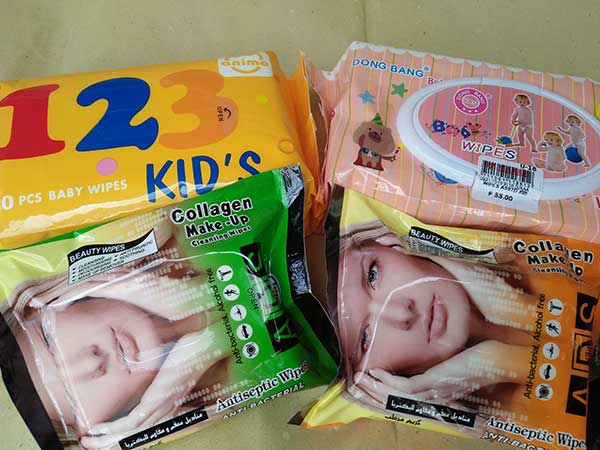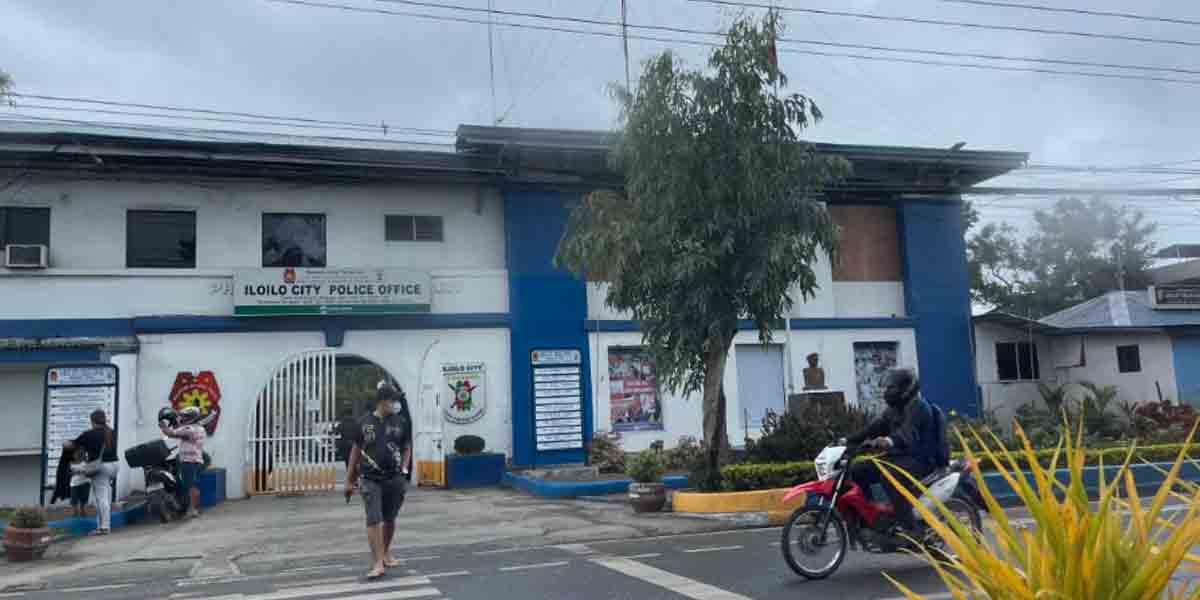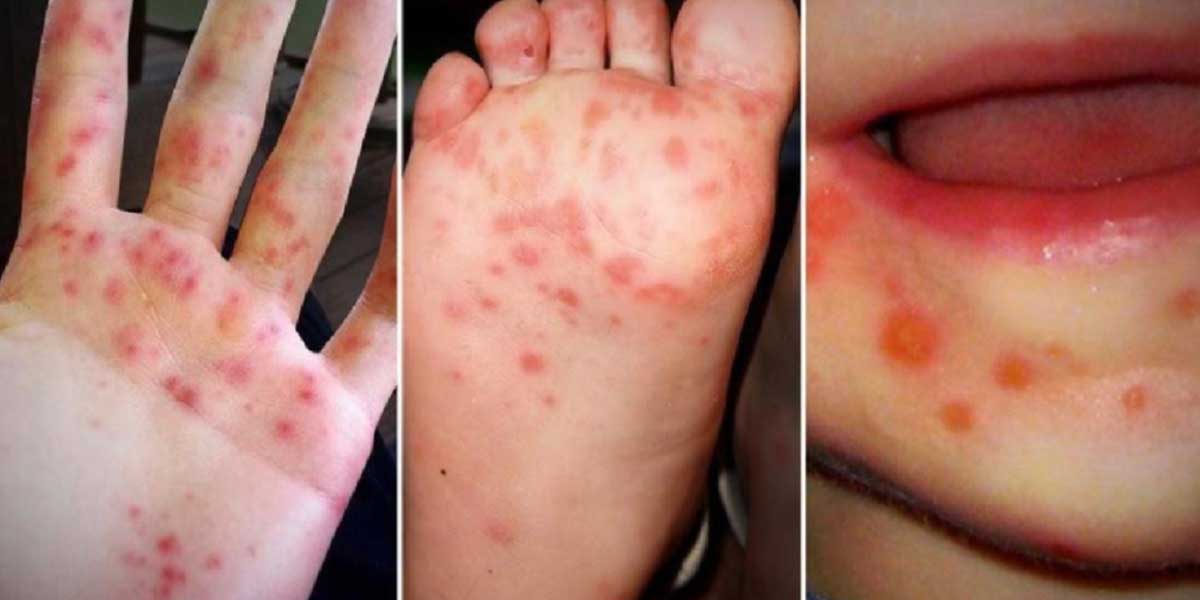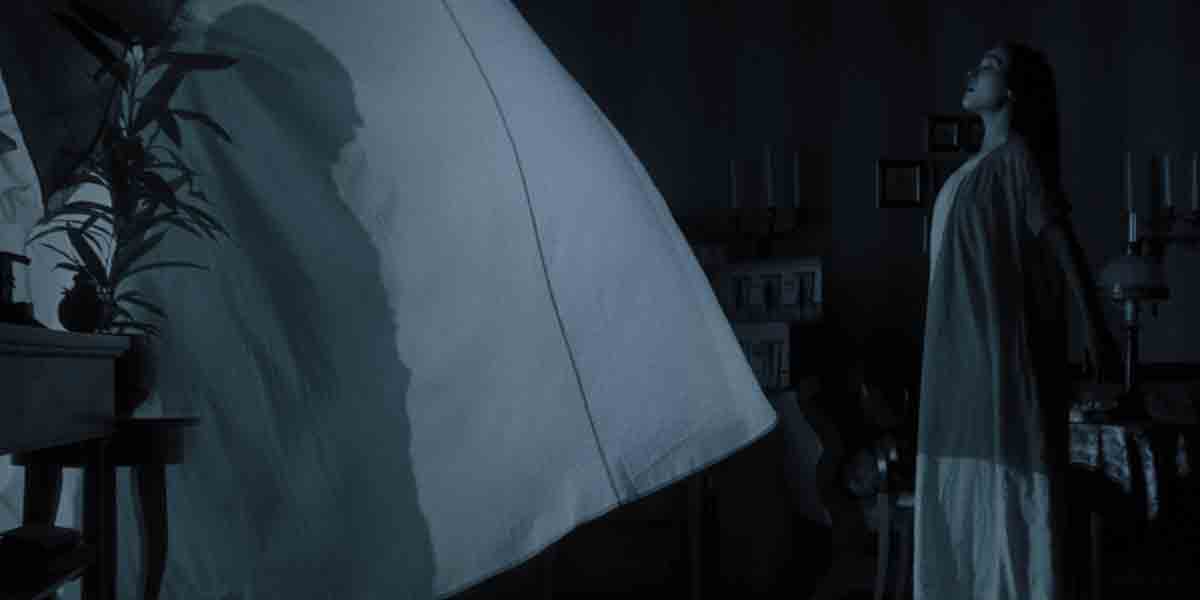
The toxics watchdog group EcoWaste Coalition today alerted consumers against the use of cleansing wipes containing prohibited ingredients that can cause allergic reactions, especially on baby’s sensitive skin.
Taking its cue from the Food and Drug Administration (FDA), the group went store hopping to check on the availability of such wipes containing methylisothiazolinone and methylchloroisothiazolinone, which are prohibited in leave-on cosmetic products as per the ASEAN Cosmetic Directive.
“The manufacturers, importers and distributors of wet wipes containing these banned banned ingredients should cease and desist from making and trading these non-compliant products, which can pose health risks, particularly for babies,” said Thony Dizon, Chemical Safety Campaigner, EcoWaste Coalition.
To recall, the FDA through Advisory No. 2021-2656 has warned consumers against the purchase and use of “Baby Wipes” imported from China that tested positive for methylisothiazolinone. The advisory was stamped October 28, 2021 and posted online last November 15.
According to the advisory, “the ban of the aforementioned ingredient for leave-on cosmetic products has been ordered due to clinical data which indicates that no safe concentrations of methylisothiazolinone for induction of contact allergy or elicitation have been adequately demonstrated.”
Methylisothiazolinone, which is often used in combination with methylchloroisothiazolinone, is recognized as a skin sensitizer, or “a chemical that will lead to an allergic response following skin contact” as defined by the US Occupational Health and Safety Administration (OSHA).
In recent test buys, the EcoWaste Coalition was able to procure four unauthorized wet wipes with banned methylisothiazolinone and methylchloroisothiazolinone listed among their ingredients.
Among these were “123 Kid’s Baby Wipes,” “Dong Bang Baby Wipes,” and two variants of “Collagen Make-Up Cleansing Wipes” that were procured for P20 to P55 each from retail stores in Antipolo and Caloocan Cities.
Last year, the FDA also banned “Dong Bang Happy Baby Wipes” and “Baby Q Baby Wipes” for containing the prohibited ingredients, which are commonly used as preservatives in cosmetic products.
The EcoWaste Coalition pointed out that the industry has been given sufficient time to reformulate wet wipe products containing the banned ingredients and to withdraw the violative ones from the market.
FDA Circular No. 2017-006, which the agency reiterated through Advisory No. 2018-034, prohibited methylisothiazolinone in leave-on cosmetic products and set a grace period until August 31, 2018 to help the industry to conform.
The EcoWaste Coalition reiterated the need for manufacturers, importers and distributors of the violative wet wipes to heed the said FDA’s policy that seeks to safeguard human health from known dermal sensitizers.
The zero waste advocacy group further reminded users of wet wipes to properly dispose of used wipes, stressing that flushing used wipes or throwing them on streets or canals may block drainage and sewer systems, as well as exacerbate ocean pollution.




















